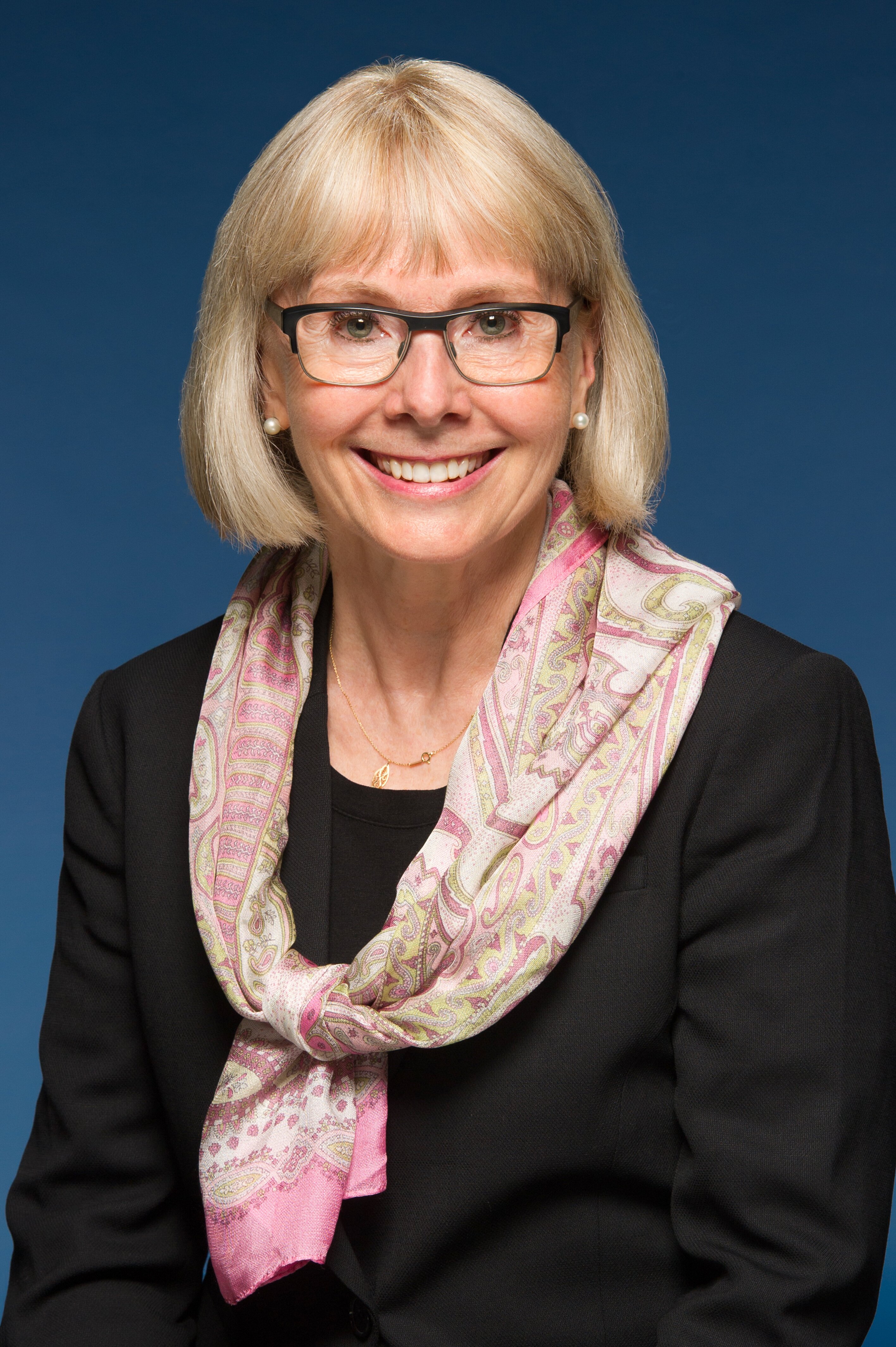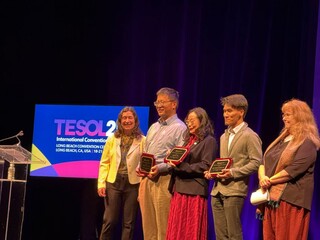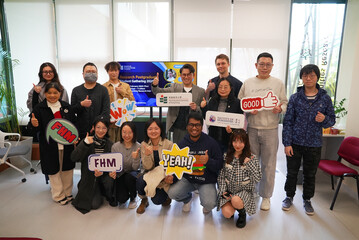Interview with Prof Hjort Anne Mette, Chair Prof of Film and Media from LCS
- 02 Sep, 2024
- Feature Stories
- Faculty of Humanities
Can you tell us about your expertise and how your research can contribute to the Department of Literature and Cultural Studies (LCS) and the faculty as a whole?
My background is very interdisciplinary, encompassing training in Art History, Theatre, Film and Media Studies, and Philosophy (both analytic and Continental). My first book, published by Harvard University Press, was a study of anti-theatricality in 16th century England and 17th century France, a study, that is, on why influential groups vigorously contested the value of theatre, going so far, even, to see it as a source of various harms. I have a great love of theatre myself and at one time, in Montreal, I was a member of a German theatre group that performed at the Centaur Theatre in Old Montreal. However, most of my research contributions fall under Cinema Studies. My research has been quite issues-driven and I have focused on questions related to: creativity under constraint, risk, sustainability, talent development, soft power, transnational collaboration, human rights, health and well-being, public value, and small nations, all in the context of film. It is my hope that my commitment to interdisciplinarity will be helpful in the context of both the Department and the Faculty. As I understand it, there may also be scope to develop some interesting programmes at the Masters level that could draw on some of my interests, networks, etc.
What new initiatives or projects do you plan to introduce as chair professor?
Among many other things, I am very keen to see LCS play an active role in the area of Internationalisation. I have a fair bit of experience in this area, having previously served as the Associate Vice President of Internationalisation at Lingnan University, and, through that role, as the Chair of the UGC’s HUCOMSCI, which brings together those charged with leading Internationalisation efforts across the UGC institutions. I would like to see the Department engage with the African continent, in the context of a cultural approach to China’s Belt & Road initiative. In this connection, I have developed a new course, which I hope to teach with Dr Bidisha Banerjee. Entitled “Creativity, Culture, and Experiential Learning in East Africa,” the proposed course includes a 9-day trip to Zanzibar, where EdUHK students will collaborate with local Zanzibari and Tanzanian students and trainers on research-based creative projects.
What suggestions do you have for the faculty to boost its profile, especially in relation to improving our QS ranking in subjects related to the humanities?
“International Research Network” (by broad-faculty area) is an important factor in the QS ranking methodology and I think the development of research partnerships with scholars, centres, and institutes in highly regarded research universities is a winning strategy (and not only for reasons having to do with the QS rankings).
In your opinion, what are the current trends or emerging areas in the field of humanities related to your field of study that the Faculty of Humanities (FHM) should focus on to stay at the forefront of academic research and education?
In recent years I have been pursuing research in the broad areas of Health Humanities (for example, the cinema’s role in effecting health outcomes) and Environmental Humanities (for example, the cultural bases underpinning sustainable film practices in the Global South), and I do think these are important areas. The Faculty’s ambitious research efforts, under Dean Erni, in the area of Care are, of course, related to these fields, which is really promising, I think. When thinking about how best to stay relevant and at the forefront of academic research and education, it’s a good idea to try to keep abreast of what is happening in especially innovative university contexts. I’d like to recommend the special issue of Daedalus, entitled “Advances and Challenges in International Higher Education.” It’s edited by Wendy Fischman, Howard Earl Gardner (known for his work on multiple intelligences) and William C. Kirby, all at Harvard University (https://www.amacad.org/daedalus/advances-and-challenges-international-higher-education). The issue brings together reflections by some very successful institution builders, amongst them Mariët Westermann, until recently the Vice Chancellor of NYU Abu Dhabi. It’s inspiring reading and quite thought provoking.
Could you share some of your past experiences or projects that you believe could serve as a model or inspiration for our faculty?
During my time as Dean of the Faculty of Arts at Hong Kong Baptist University, I was asked by then President and Vice Chancellor Roland Chin to develop a Faculty Niche Research Area. This turned out to be really fruitful. With colleagues, I developed a FNRA focused on “Well-being, Value and the Public Good.” The FNRA encompassed 6 sub-groups, all of which went on to do very good work. One of the things that was exciting about the FNRA was how we organised the sub-groups. By having each group be convened by two co-convenors from different parts of our very diverse Faculty of Arts we were able to create a really strong interdisciplinary dynamic in the Faculty. Within a year, our researchers had discovered shared interests with colleagues outside their home departments, and this created the basis for some very stimulating conversations, and a lot of unexpected inspiration, and some great research opportunities. The research groups also became important training environments for our PhDs. After one year our confidence in the robustness of these environments was strong enough to make attachment to at least one research group mandatory for all incoming PhD students. I think the point of the example is simply that you can’t go wrong if you work hard to create the conditions for robust interdisciplinary collaboration.
Lastly, what message would you like to convey to the faculty and students as you begin your journey with FHM?
I would like to say that I am so pleased and grateful to have been able to join FHM and EdUHK. I have followed developments at EdUHK for many years, having been involved in some accreditation work many years ago, and having served on the UGC at the time when EdUHK sought university title. After each encounter, I have been deeply impressed. My sense is that the Faculty of Humanities, under Dean John Erni and his team, is a very innovative and dynamic institutional space. I truly look forward to contributing to the Faculty’s efforts in whatever way I can.






